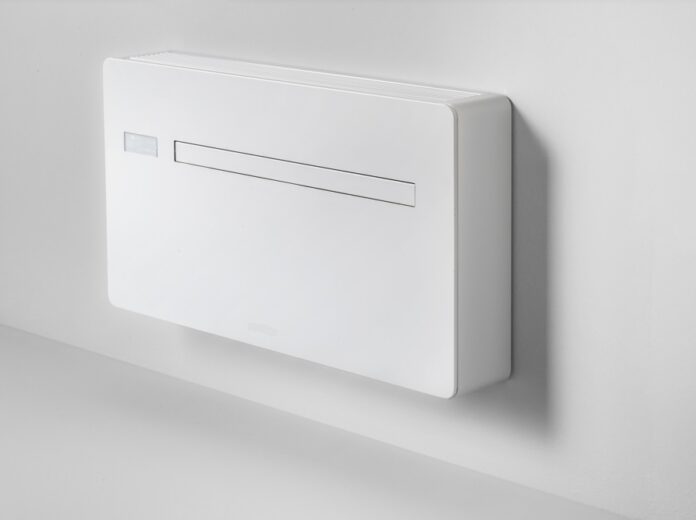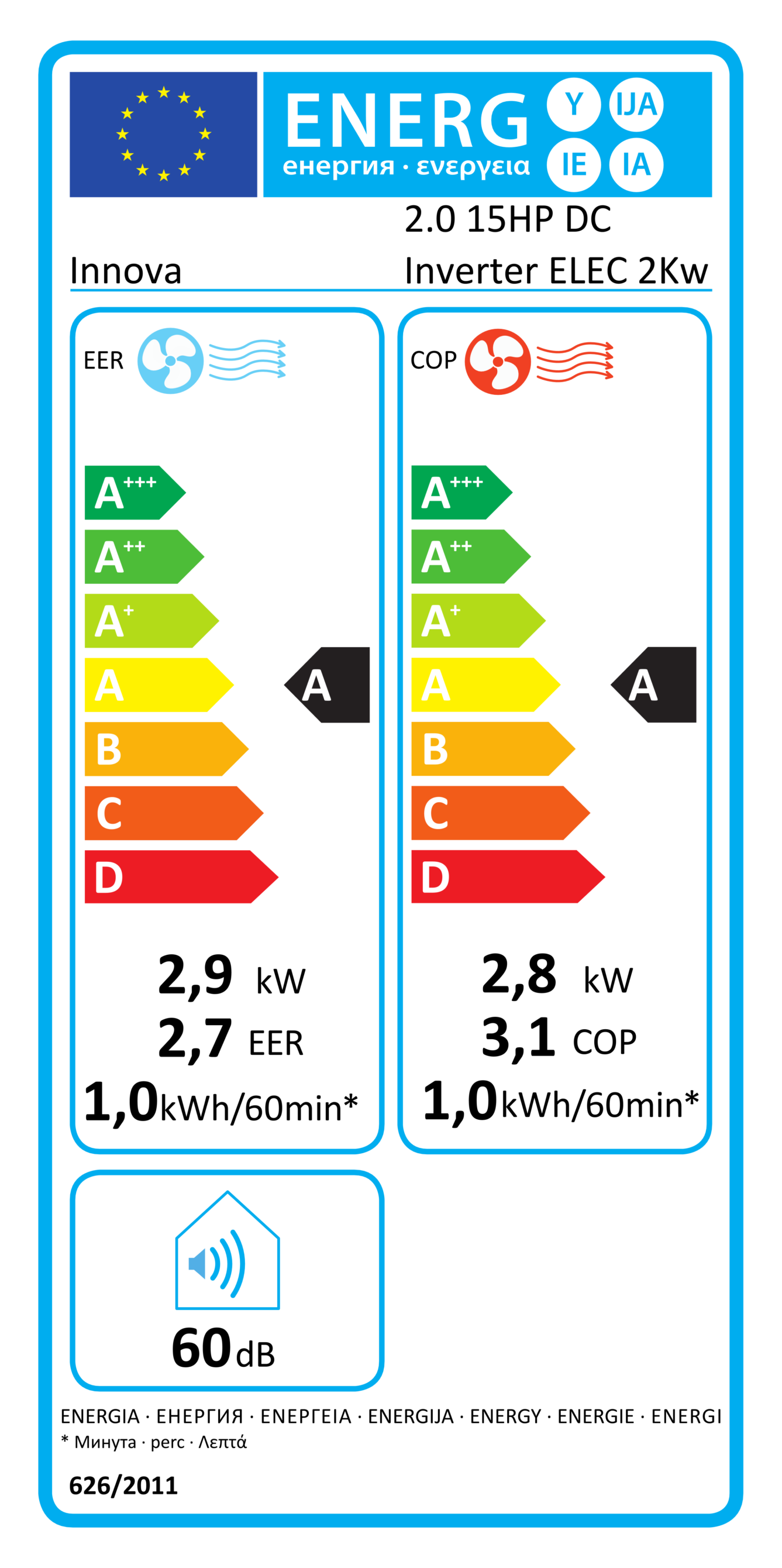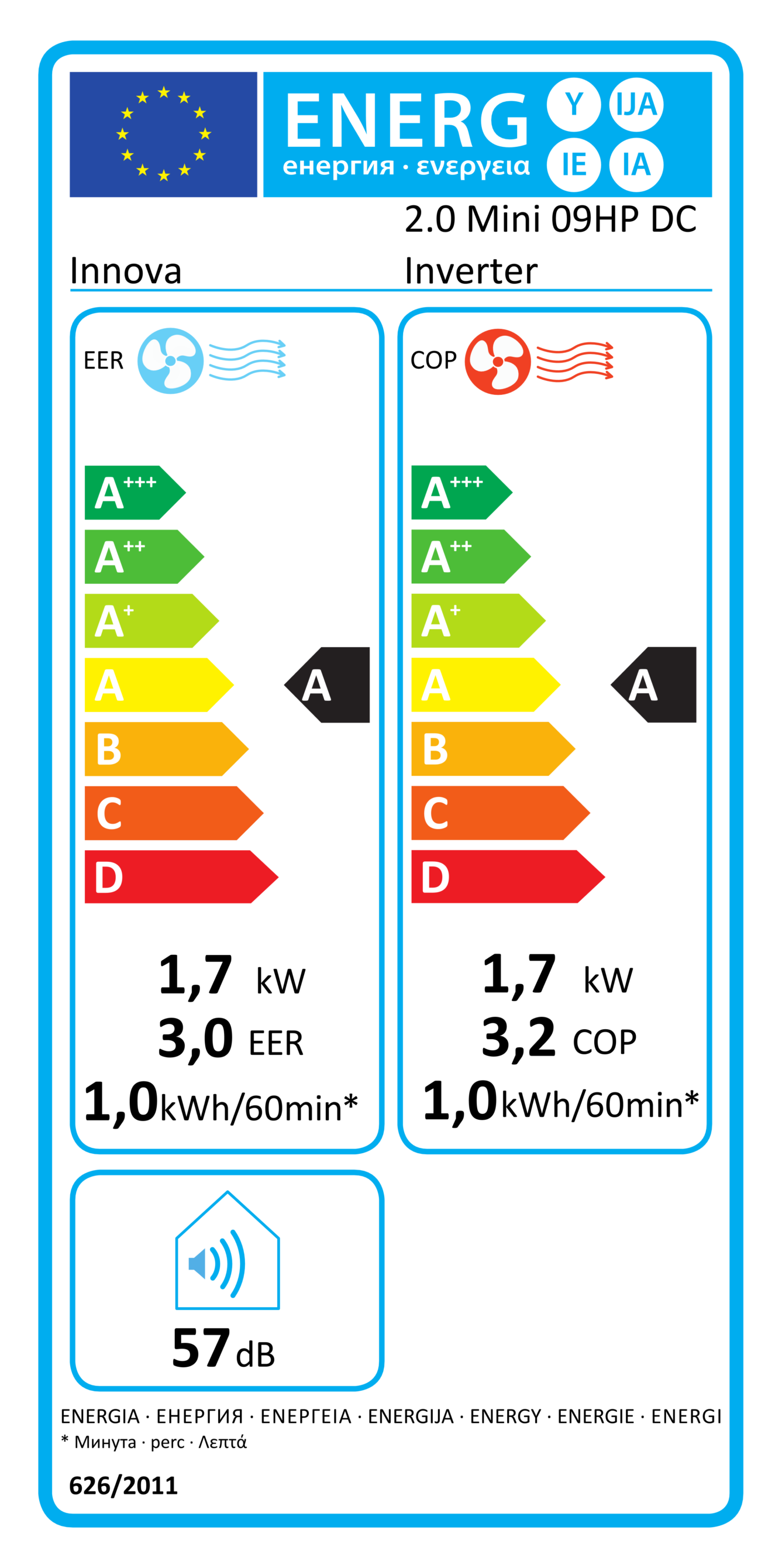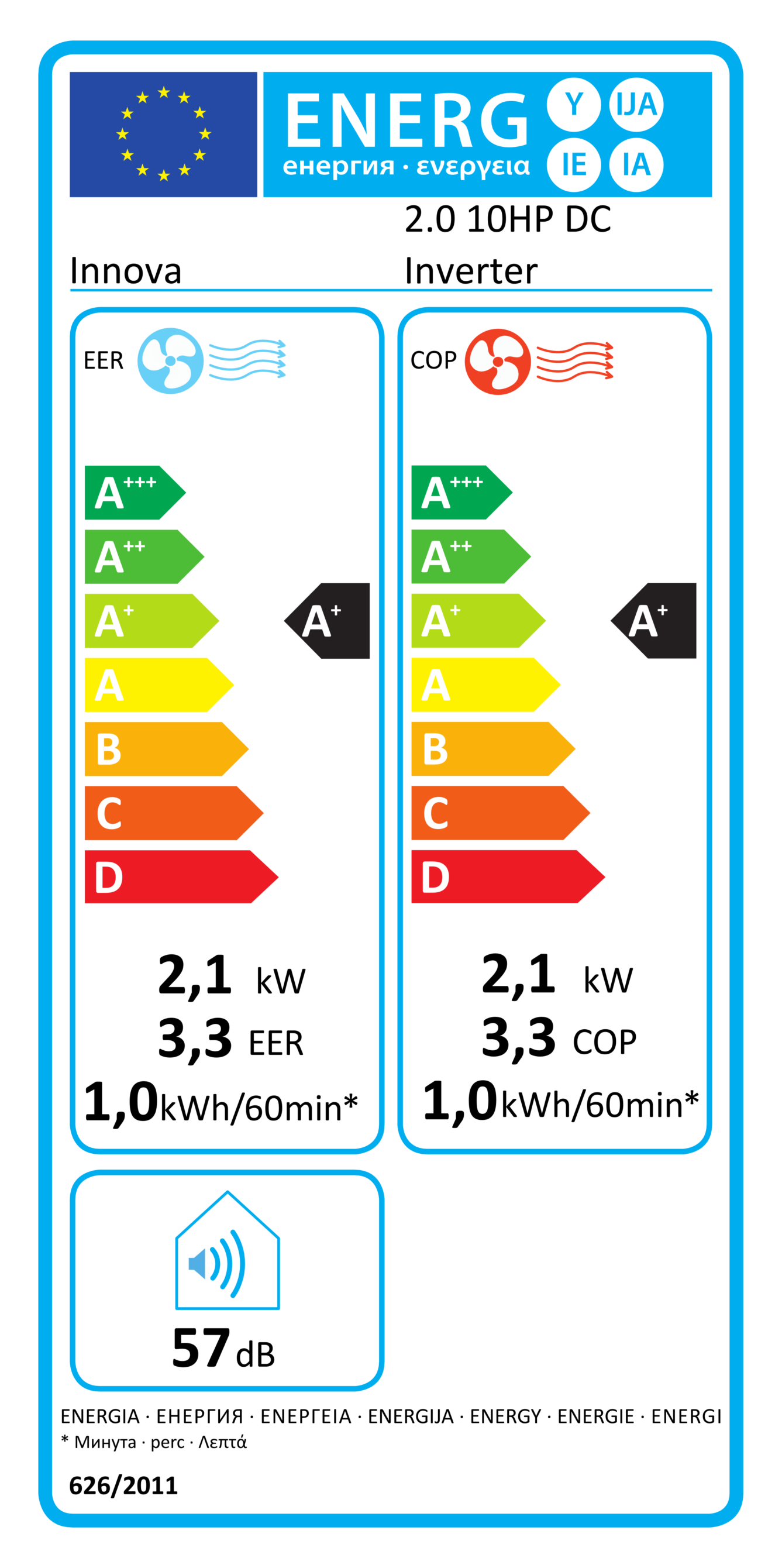What is surge damage?
Lightning strikes:
Lightning that strikes near a building can cause massive voltage surges.
Switching operations in the power grid:
Sudden changes in the power grid, such as switching large machines or transformers on and off, can cause overvoltages.
Interference from electrical appliances:
Some household appliances can also generate short-term voltage peaks due to their mode of operation.
Air conditioning systems are particularly susceptible to such overvoltages due to their complex electronics. Overvoltage damage can manifest itself in various ways, such as the failure of control boards, damage to compressors or the blowing of fuses.
What to do if the air conditioning system is damaged by a power surge?
1. safety first:
Switch off the power supply to the air conditioning system immediately to prevent further damage. This can be done by switching off the corresponding circuit breaker.
2. check other devices:
Surges often affect several appliances in the household. You should therefore also check the functionality of other electrical appliances.
3. contact a specialist:
Contact a qualified electrician. Do not attempt to repair the damage yourself, as this can lead to further damage. A specialist can check the air conditioning system and diagnose the damage.
4. document the damage:
Document the damage carefully, preferably with photos. This is important for reporting the damage to your insurance company.
5. notify the insurance company:
Report the damage to your natural hazard insurance. The insurance company may send an expert to assess the damage.
6. only have repairs carried out after contacting the insurance company:
Repairs may only be carried out after the insurance company has been contacted so as not to jeopardize the insurance cover.
How can you prevent overvoltage damage?
1. surge protection socket strips:
Use power strips with built-in surge protection. These strips can intercept voltage peaks before they reach your devices.
2. install surge protection devices:
Have an electrician install surge protection devices in your fuse box. These provide comprehensive protection for the entire power grid in your home.
3. lightning protection systems:
In regions with frequent thunderstorms, it may be advisable to install a lightning protection system. This safely dissipates the energy of a lightning strike into the ground and thus protects your electrical devices.
4. disconnect during thunderstorms:
If a thunderstorm is approaching, you should, if possible, disconnect sensitive appliances such as the air conditioner from the power supply. Unplugging them can help prevent damage if lightning strikes.
Avoid surge damage with these tips
Surge damage can cause considerable costs and impair the operation of your air conditioning system. By reacting quickly and correctly after damage and taking preventive measures, you can significantly reduce the risk and impact of such damage. If you want to be on the safe side, it is worth investing in high-quality protection systems.












